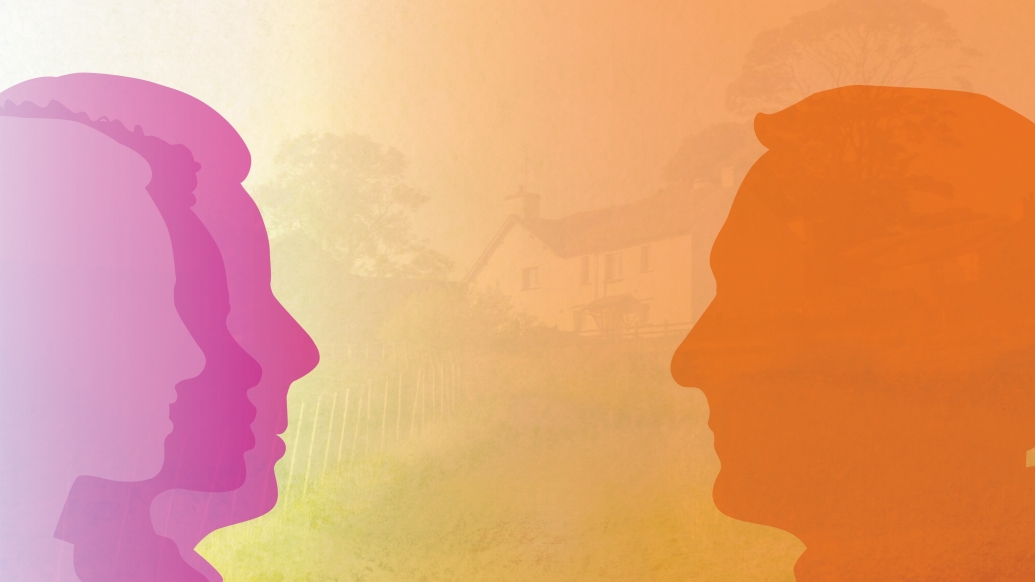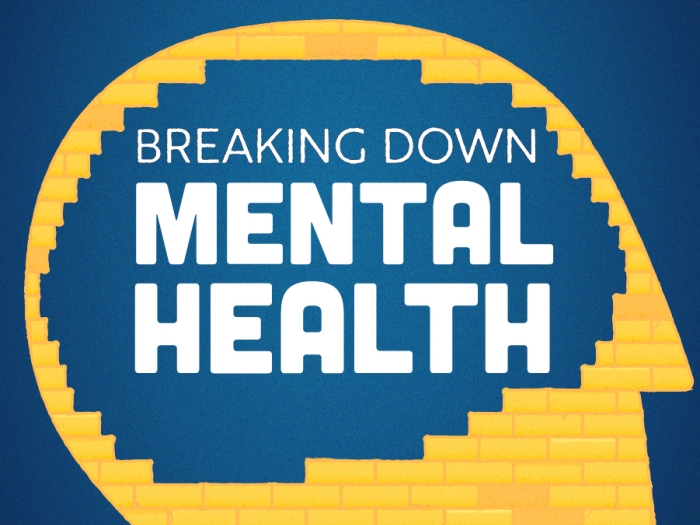Two U-M programs connect former service members with one another to improve individual access to mental health resources and much more.
7:00 AM
Author |

When it comes to getting connected to the mental health help they need, sometimes the best lifeline for military veterans is a fellow veteran.
MORE FROM MICHIGAN: Subscribe to our weekly newsletter
Many veterans need to be linked to help, support and resources to improve their mental health. And because the stressors that can be detrimental to mental health are complex and multifaceted, veterans may need assistance navigating their benefits, finding housing, understanding the legal system and entering higher education. Yet many are too proud to ask for help because of concerns about stigma and perceived military norms they have internalized.
These challenges are why the University of Michigan Depression Center's Military Support Programs and Networks (M-SPAN) created the Buddy-to-Buddy Volunteer Veteran Program and Peer Advisors for Veteran Education (PAVE) initiatives.
Buddy-to-Buddy and PAVE are peer-to-peer programs about one veteran helping another, something every veteran can understand and appreciate. Using peers to link fellow veterans to resources is an especially effective method for breaking down the barriers that prevent veterans from engaging in services and care.
The power of peer support
Buddy-to-Buddy leverages the power of peer support to overcome the stigma, so ingrained in military culture, against asking for help. Community veterans from all combat eras are trained to provide outreach and support to service members and veterans throughout the deployment cycle.
SEE ALSO: Improving Mental Health in the Workplace
Buddy-to-Buddy is a partnership with the Michigan Army National Guard, but Michigan veterans from all branches of the military are eligible. Buddy-to-Buddy has over 130 trained volunteer veterans who are experts in local, state and federal resources and available throughout Michigan to handle veterans' concerns.
Since the program's founding in 2009, its volunteers have assisted almost 4,000 service members and veterans with a variety of concerns, including mental health, substance abuse, employment, finances, housing and benefits.
Easing the transition to college life
PAVE is an outreach and support program developed for student veterans returning to college on the Post-9/11 GI Bill.
Many veterans encounter only short-term issues when they transition from the military to campus life. But some face more serious challenges, including academic issues, family stress, financial struggles or emotional concerns. The earlier these issues are addressed, the more likely it is that the veteran will have a successful academic career.
PAVE is designed to assist student veterans in achieving their educational and personal goals. It connects student veterans on campus with Peer Advisors at their schools who can provide support and link them with resources to facilitate a smooth transition to college or to help them navigate challenges.
In partnership with Student Veterans of America, PAVE is active on 42 campuses nationwide, and its trained Peer Advisors have assisted nearly 4,000 student veterans to date.
Combating stigma together
Individuals are more receptive to accepting support and resources from someone who has had similar experiences, according to Michelle Kees, Ph.D., a clinical psychologist and associate professor in the University of Michigan Department of Psychiatry.
The understanding and trust shared among veterans offer greater credibility than academic credentials alone can, she says.
Put plainly, peers "get it." Peers are powerful agents for combating the stigma preventing veterans from seeking care. In addition to normalizing the experience of asking for help, peers also provide hope that veterans can overcome any challenges they face.
For more information about Buddy-to-Buddy, PAVE and M-SPAN's other programs, visit m-span.org.

Explore a variety of healthcare news & stories by visiting the Health Lab home page for more articles.

Department of Communication at Michigan Medicine
Want top health & research news weekly? Sign up for Health Lab’s newsletters today!





